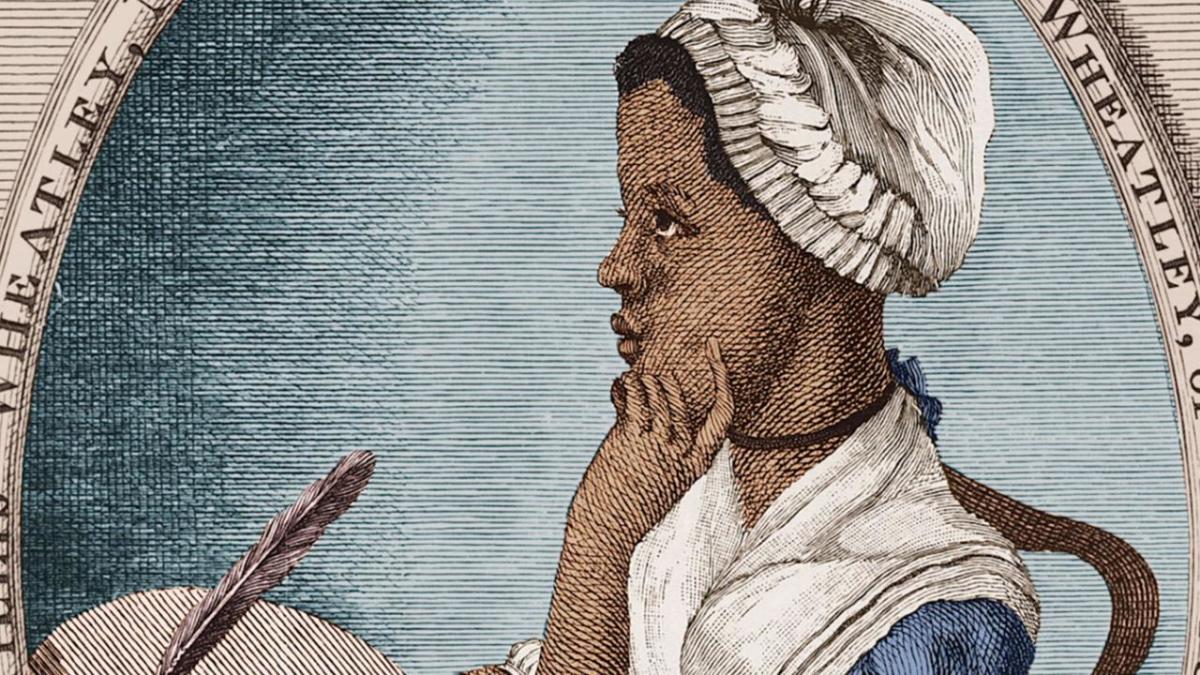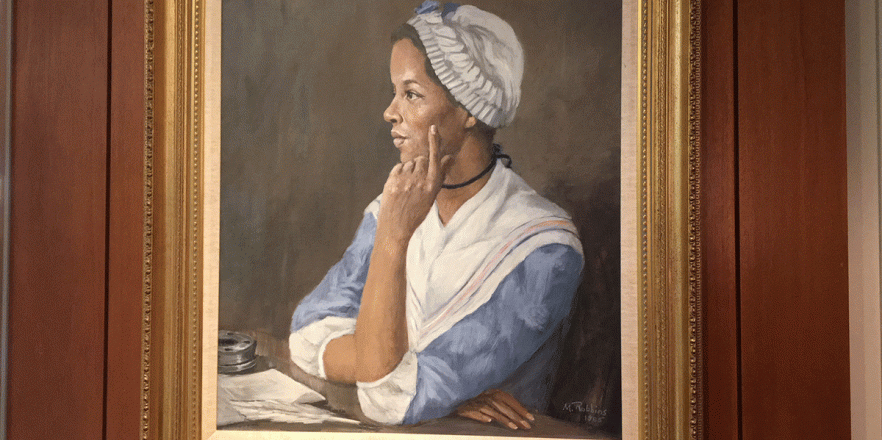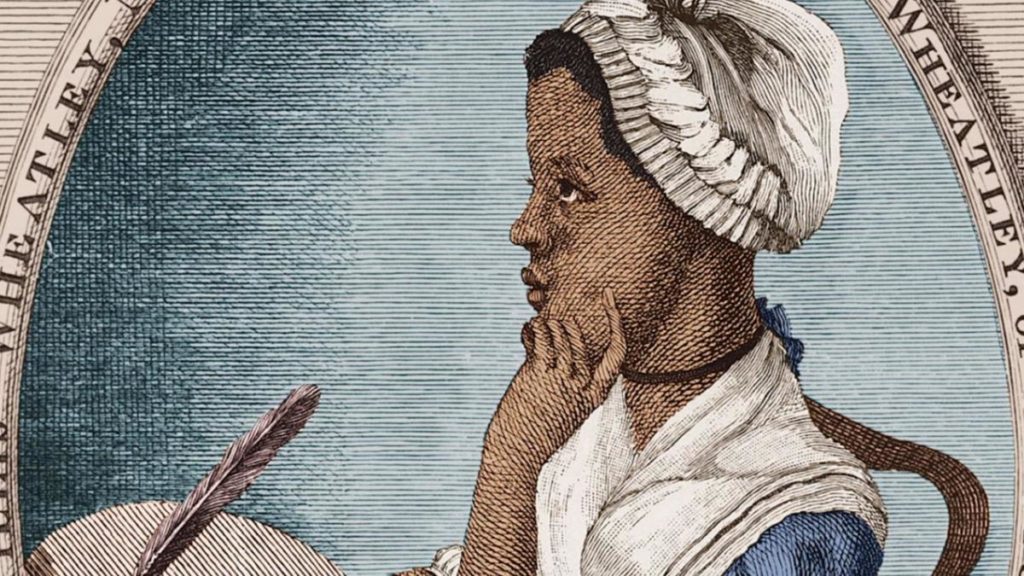Phyllis Wheatley (also spelled Phillis) has been the recent subject of two podcasts that I listen to, including the History Chicks and Stuff You Missed in History Class, both of which I strongly recommend giving a listen! Born somewhere in West Africa, Phyllis was sold to slave traders around the age of 7 or 8 and taken to Boston, where she was bought by Susanna Wheatley.
Named for the ship that brought her to the U.S. (a horrendous idea if there ever was one), Phyllis is thought to have been wanted as an-almost replacement for Susanna’s daughter who had previously died, and was treated much better than the large majority of slaves and most women at that time. She was highly educated: she mastered English, could read Greek and Latin classics by the age of 12, and wrote her first poem at the age of 13. She wrote couplets in both iambic pentameter and heroic, and used both classical and neoclassical techniques, often employing biblical symbolism as well.
Susanna became her champion, encouraging her to write more and more, and using her influence to try and get Phyllis published, which turned out to be extremely difficult because no one wanted to believe that a slave was actually writing the poems that Susanna was sending.
Indeed, Phyllis had to defend the veracity of her work over and over again, and eventually accompanied Susanna’s son to England, where Susanna thought it might be easier for Phyllis’ work to be published. Soon after this trip, which did result in the publishing of her first book, Poems on Subjects Religious and Moral, Phyllis was also given her freedom.
After the deaths of Susanna and her husband, who had continued to support Phyllis and her writing, she married and had three children, who all died as infants. Although she also continued writing, the start of the American Revolution made it difficult for her to sell her books, and she died in poverty at the age of 31 shortly before the death of her last baby. No one attended her funeral, even though in life she had been praised by the likes of George Washington (although the irony is thick, as he was a slave owner himself), Benjamin Franklin, the Lord Mayor of London Sir Brook Johnson, and Voltaire.
Today Phyllis is admired as the first African American woman to publish a book of poems (and second woman, after Anne Bradstreet), and her work is fundamental to the genre of African American literature. Scholars believe that she wrote around 145 poems, most of which are now lost, and it is maintained that she had, and still has, to a certain degree, more fame in England and Europe than in the U.S. She is honored with statues and university buildings with her name all over the U.S., from Boston to Washington, D.C. to Florida to Houston.


